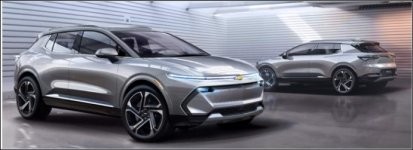What’s involved to support a 150kW or 250kW charging for this 100mi in 10min (which is awesome btw). Can normal houses support this with a panel upgrade?
This is never going to be an "At home" type thing. Chargers that fast are DC and have very high initial costs to purchase and install. They're the types you see at Petro Canada, for those who have seen their charging stations.
Nobody really needs that sort of charging at home anyways - a traditional 32A unit will still charge most of these EV's overnight in the end. The big superfast DC chargers are for road trips.

















